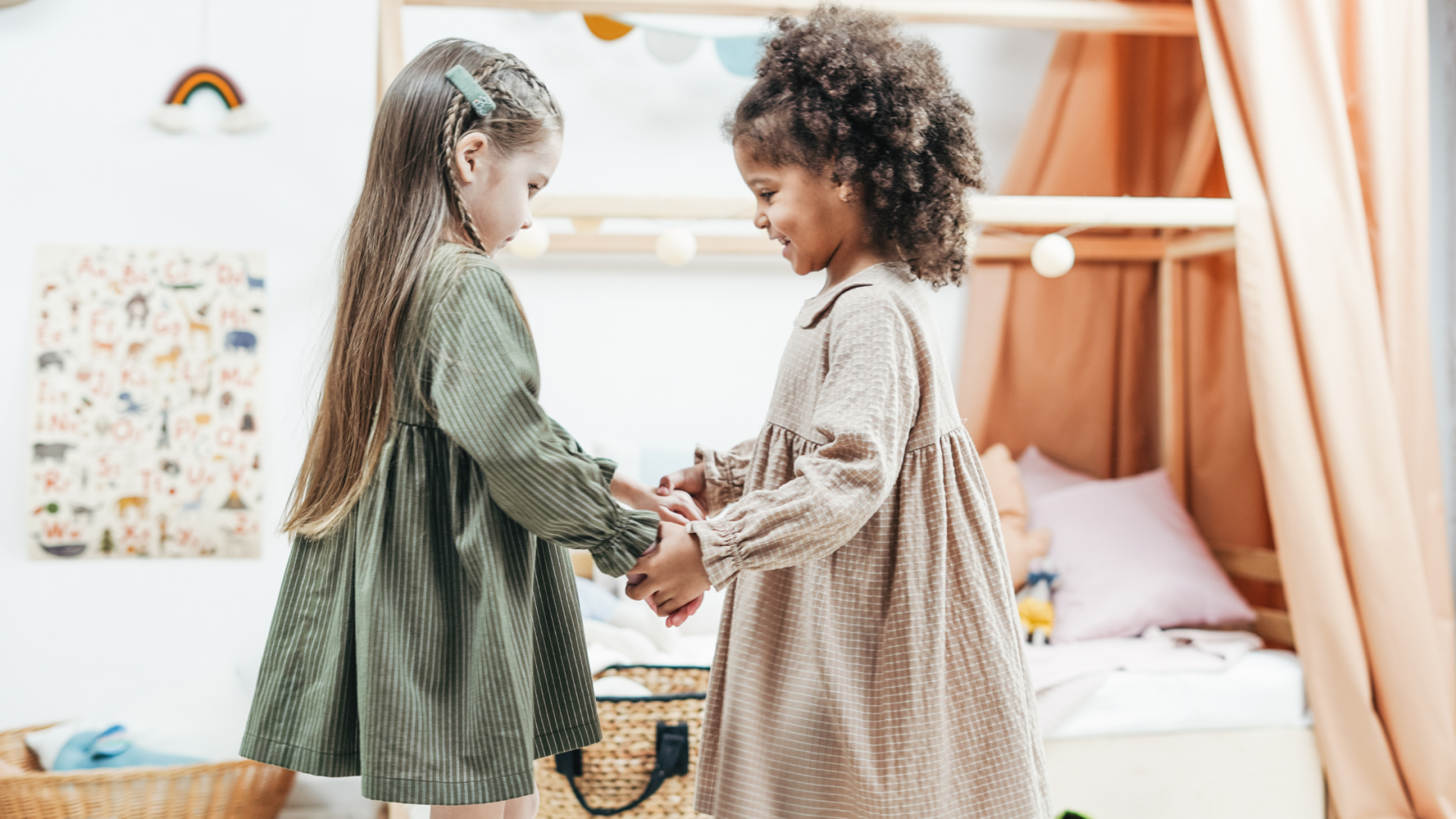Domestic Violence: Don’t Sweep It Under the Rug
Lavatria Williamson
The National Domestic Violence Hotline estimates that 1 in 3 women and 1 in 4 men experience domestic violence. That is roughly 33.3% and 25%, respectively.
If so many people in our community are being affected by domestic violence, then why aren’t we talking about it?
Although Black people are disproportionately affected by this detrimental disease, it has somehow become ingrained in the very root of our cultural identity. Every day there are media headlines being posted on social media about celebrity couples engaging in physical violence. Rap songs are glorifying toxic masculinity including the oversexualization and objectification of women. Even frustrated parents are turning to physical punishments to discipline their children.
In August 2022, rapper Blueface and his girlfriend, Chrisean Rock, got into a physical altercation in Los Angeles. This incident took the media by storm. Thousands upon thousands of people flooded comment sections with jokes and memes, essentially making light of the situation. Many may think of the story as comical, but domestic violence is never funny. It is a community issue that has plagued Black families for generations. The reason that this issue continues to permeate is due to the lighthearted way that Black people discuss serious topics. Statistically, we face higher cases of poverty, racism, low educational attainment, and domestic violence. This is likely due to the historical context in which Black people have existed in this country. When you live in a country where racism and sexism are rooted in the cultural context and institutional processes, it can make other issues seem less important or less dire, but domestic violence is indeed life or death. By having open dialogue and calling out problematic comments and jokes, we can start to make positive changes in our community and ensure the success of future generations.
Disagreeing with your significant other is a normal part of any healthy relationship. However, name-calling, intimidation, stalking, sexual violence, physical violence, financial abuse, and emotional abuse are not. You are deserving of healthy, honest, and stable relationships free from the ugliness and toxicity of abuse. Let’s change the conversation and bring awareness to domestic violence and sexual assault.
If you or someone you love are in an unhealthy relationship, please consider asking for help. To learn more about domestic violence visit: http://thehotline.org/
Share this post







